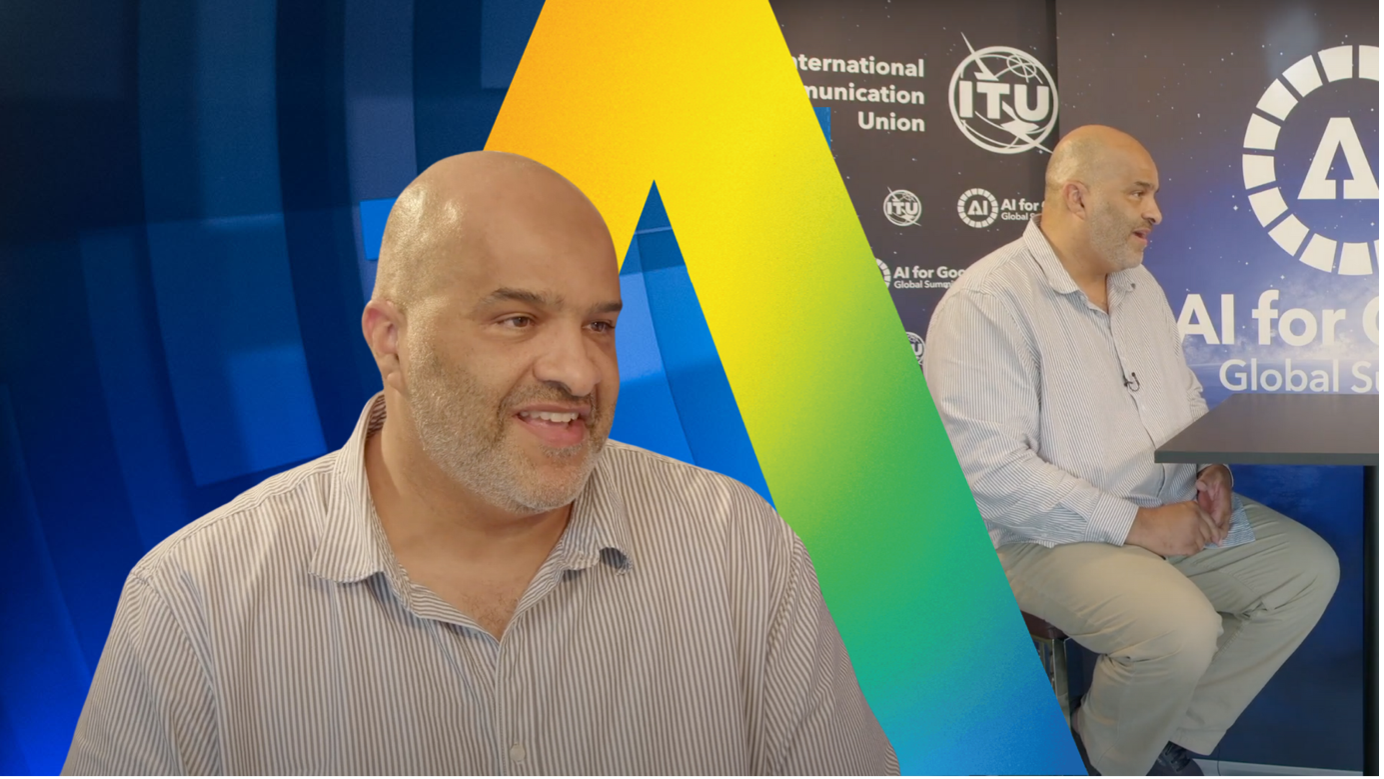Empowering Wellbeing Through Ethical AI Practices
The AI for Good Global Summit 2024
Taking place in Geneva, the AI for Good Global Summit 2024 gathered prominent leaders and innovators from diverse sectors to explore the transformative capabilities of artificial intelligence (AI). Among the notable speakers was Justin Thomas, Senior Research Specialist at the King Abdulaziz Center for World Culture (Ithra). Justin offered valuable insights into the collaborative efforts necessary to leverage AI in achieving the Sustainable Development Goals (SDGs).
Justin Thomas is actively engaged in projects bridging technology, psychology, and public health. As a chartered psychologist recognized by the British Psychological Society, he has previously held academic roles in both the UK and the UAE, including Professor of Psychology and Director of the Research Center for Culture, Cognition, and Wellbeing. His extensive publications delve into the complex interactions between technology, psychological wellness, and culture. At Ithra, his work concentrates on promoting digital well-being through ethically-minded AI practices and fostering global collaboration.
Notably, findings from a Global Digital Wellbeing Survey, conducted since 2021, indicate significant international variations in sentiments regarding AI, revealing both optimism and pessimism. With responses drawn from 35 countries and a robust sample of one thousand individuals per nation, the survey highlights how cultural, social, and economic contexts shape public attitudes toward AI. Some countries radiate optimism as high as 97%, while in stark contrast, others dip as low as 40%.
“This disparity reflects the varied attitudes towards AI, from high optimism to deep pessimism,” shared Justin Thomas.
The necessity to decelerate AI advancements is critical to ensure ethical standards are not compromised. The rushed introduction of AI assistants like Siri and Alexa, which faced criticism for embodying gender stereotypes by assigning female personas by default, illustrates how hastiness can overshadow ethical considerations.
“We need to slow down… When development moves at high speed, critical ethical considerations can be overlooked,” he emphasized.
During the summit, discussions conveyed a strong focus on trust and inclusion within AI development, resonating with Thomas’s perspectives. There was a collective dedication to tackling AI bias and advocating for ethical practices. The participants even explored concepts like AI bias mitigation and AI disarmament, demonstrating a shared ambition for ethical AI application.
Justin Thomas’s insights advocate for a reassessment of the rapid pace of AI technology development. His research and experiences underline the importance of embedding ethical guidelines and ensuring inclusive perspectives in AI development, calling for a more thoughtful and encompassing approach to shaping our AI future.
“We have a window, a moment to try and do something different,“ Justin stated.
This vital dialogue at the AI for Good Global Summit 2024 underscored the integral role of ethical AI practices in fostering a future where AI promotes human rights, serves the needs of humanity, and champions inclusivity. The conversation with Justin Thomas compellingly advocates for a deliberate and ethical progression of AI technologies, emphasizing the importance of prioritizing human welfare and the Sustainable Development Goals.
Justin Thomas, King Abdulaziz Center for World Culture (Ithra)
Watch the full interview here:






